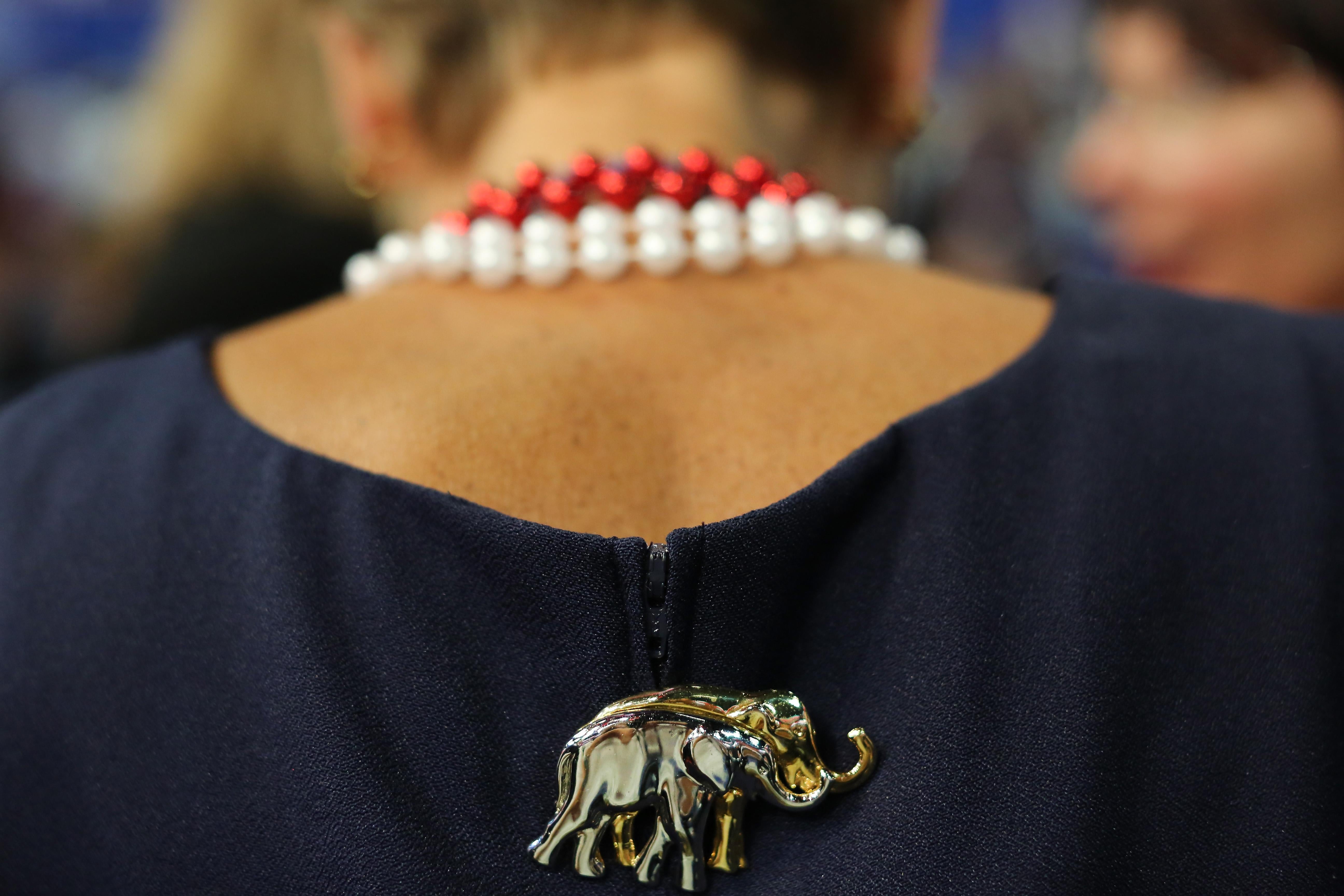A new poll from Public Policy Polling is making headlines this week because it reveals that 57 percent of Republican primary voters want to make Christianity the national religion, even though doing so would require removing the First Amendment from the Constitution. Even more interestingly, the data shows a stark gender divide among Republicans polled on this question: 66 percent of Republican women versus 49 percent of Republican men would like to see America become more theocratic.
Overall, the data suggests that there may be an intriguing gender divide when it comes to the motivations of Republican voters, with results showing men to be more motivated by economic reasons and women drawn to conservative politics for more religious and social reasons. Other interesting gender gaps: Men are nearly twice as likely as women to identify themselves as “Tea Party”; 73 percent of Republican men refuse to accept that climate change is real, compared with 57 percent of Republican women; and Republican men are actually more likely than Republican women to accept evolutionary theory, with 43 percent of men versus 30 percent of women expressing a belief in evolution. Since climate change denialism is more tied up in anti-environmentalist sentiment and evolution denialism is primarily about religion, this divide makes perfect sense.
The gender divide persists when the poll looks at which potential primary candidates male and female Republicans support. Politicians who are seen as more libertarian or more supportive of corporate interests (Rand Paul, Scott Walker) get more love from men, whereas candidates that are more on the Bible-thumping side of the equation (Mike Huckabee) are more popular with women. Of all potential candidates, Huckabee had the highest favorability rating among women.
There’s been an increased interest in recent years in what motivates Republican women, particularly as the party has amped up its assault on reproductive rights. This data, which jibes with countless studies that have shown that women are more likely to be religious than men, helps answer that question: It’s religion.
